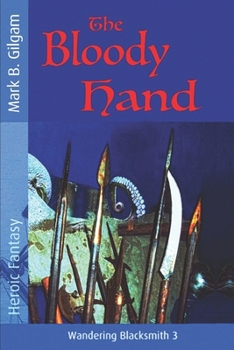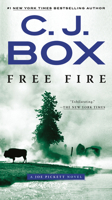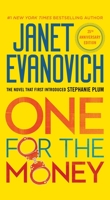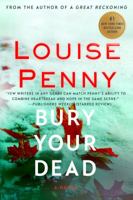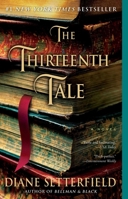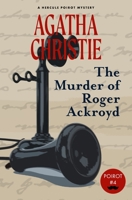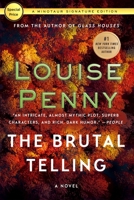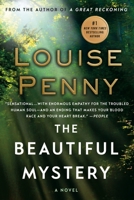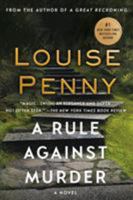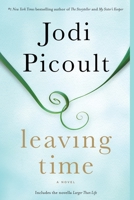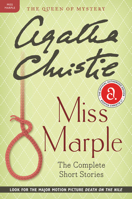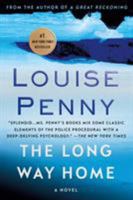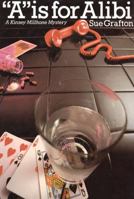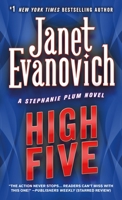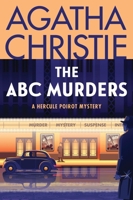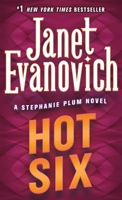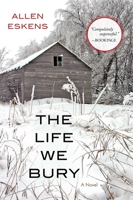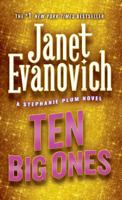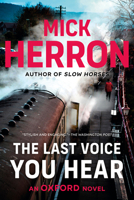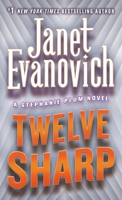You Might Also Enjoy
Book Overview
The third book of the Wandering Blacksmith series takes Kitt to sea. Fleeing pursuit in Tolosa, he clandestinely boards a trader ship for a swift getaway. However, his hopes are thwarted as the ship becomes ensnared in a succession of contrary storms, preventing them from reaching any land. In the midst of this dire situation, a new threat appears on the horizon - the ominous purple sails of a formidable pirate ship. The dread Orokun of the Bloody Hand attacks. In a singlehanded counterattack, Kitt boards the pirate ship and slays the deformed fiend he finds at the helm, who is a sea witch holding the pirates in thrall. What follows is a relentless struggle in the dark confines of the ship's lower decks, with Kitt battling against half the crew. Fortunately, unexpected aid derives from a magical amulet. After a prolonged and arduous confrontation, an agreement is eventually reached and Kitt assumes the role of smith and armourer on the Orokun, which soon sails by his rules. Life aboard the leaky four-master, riddled with conflicting magic, presents a series of challenges. He faces the Kraken and the undead sea witch, weathers monster storms, and celebrates his twentieth birthday perched atop the mainmast. The search for a safe port in uncharted waters leads to the hidden island of Satanazes, where restless ghosts guard their treasures, a volcanic underground forge waits for a smith to work again, and a devious merman plots mischief.
Format:Paperback
Language:English
ISBN:1658559193
ISBN13:9781658559195
Release Date:January 2020
Publisher:Independently Published
Length:440 Pages
Weight:1.41 lbs.
Dimensions:1.0" x 6.0" x 9.0"
Customer Reviews
3 customer ratings | 3 reviews
There are currently no reviews. Be the first to review this work.











